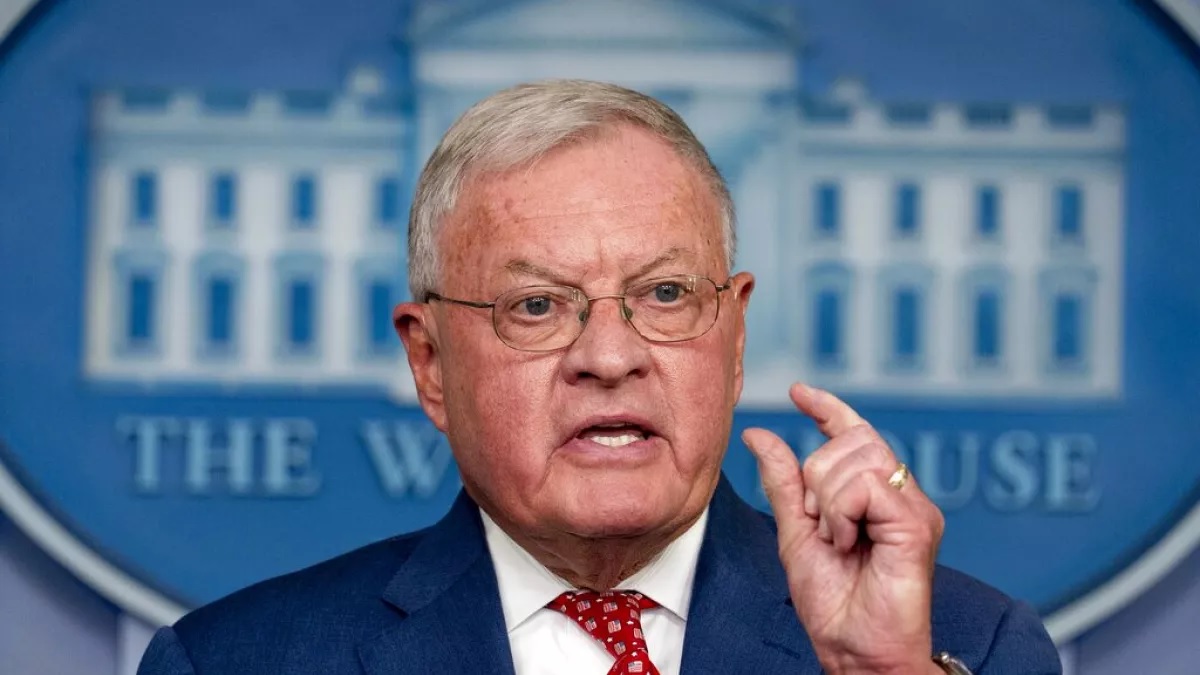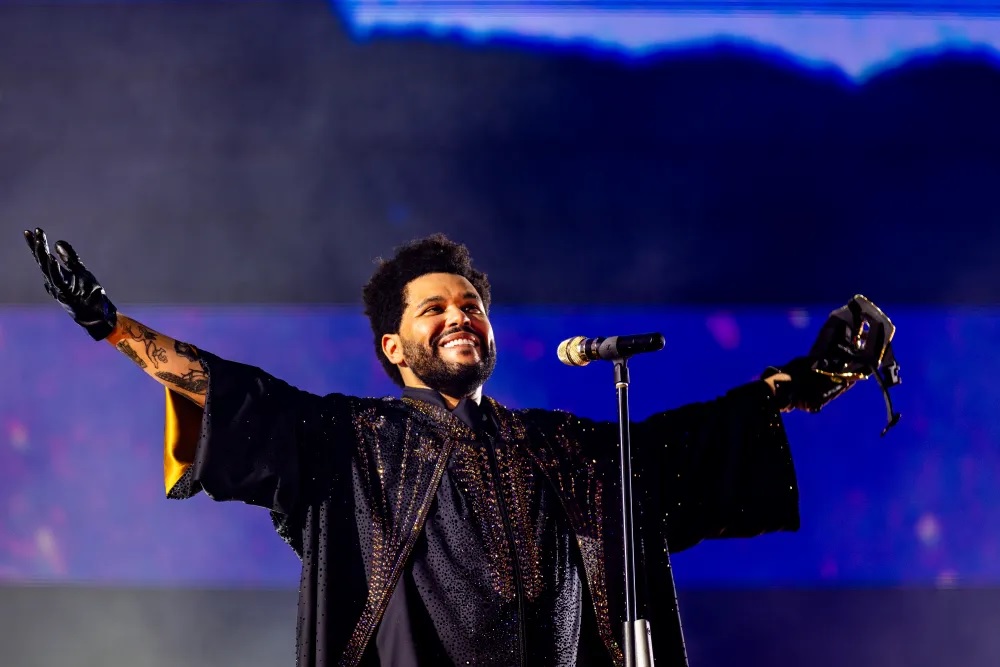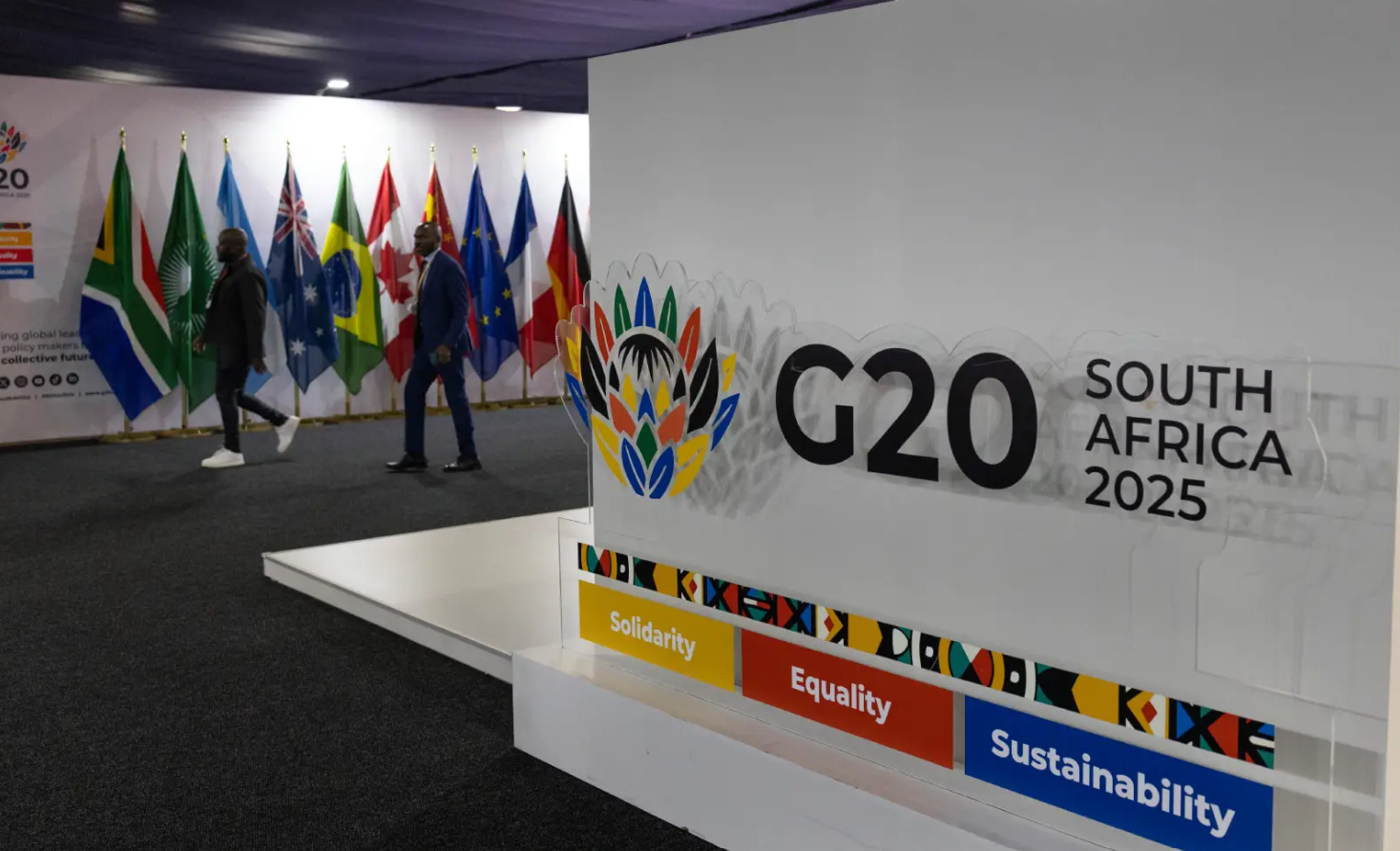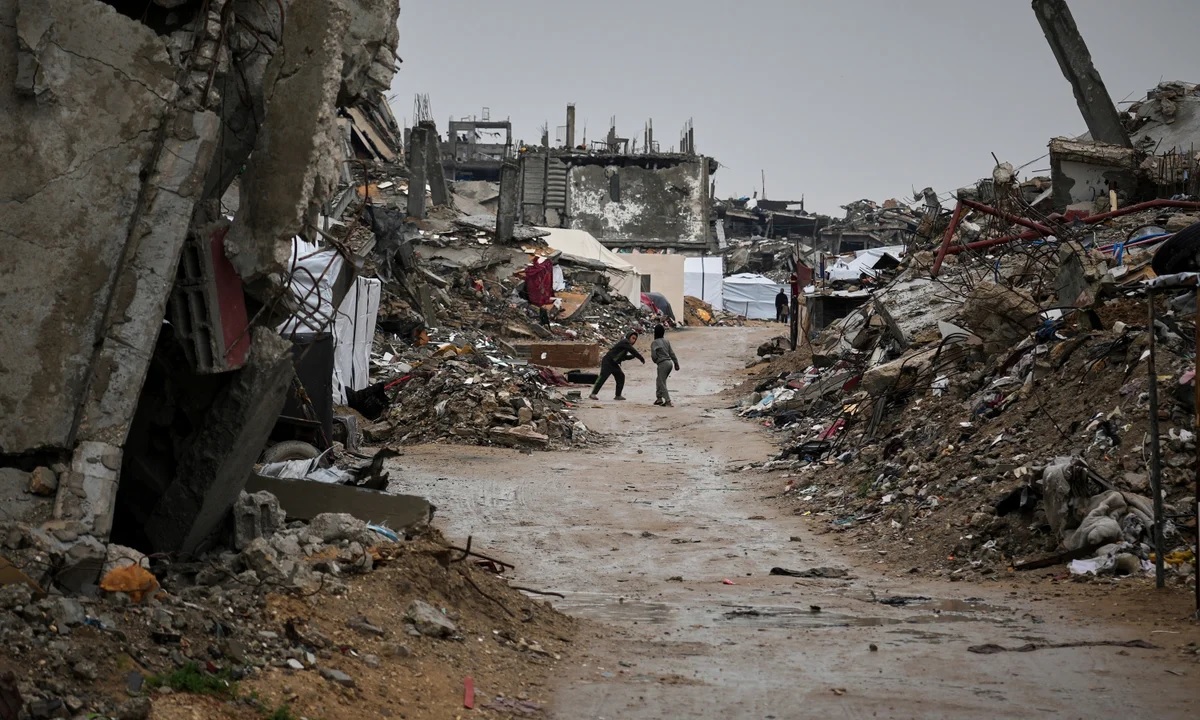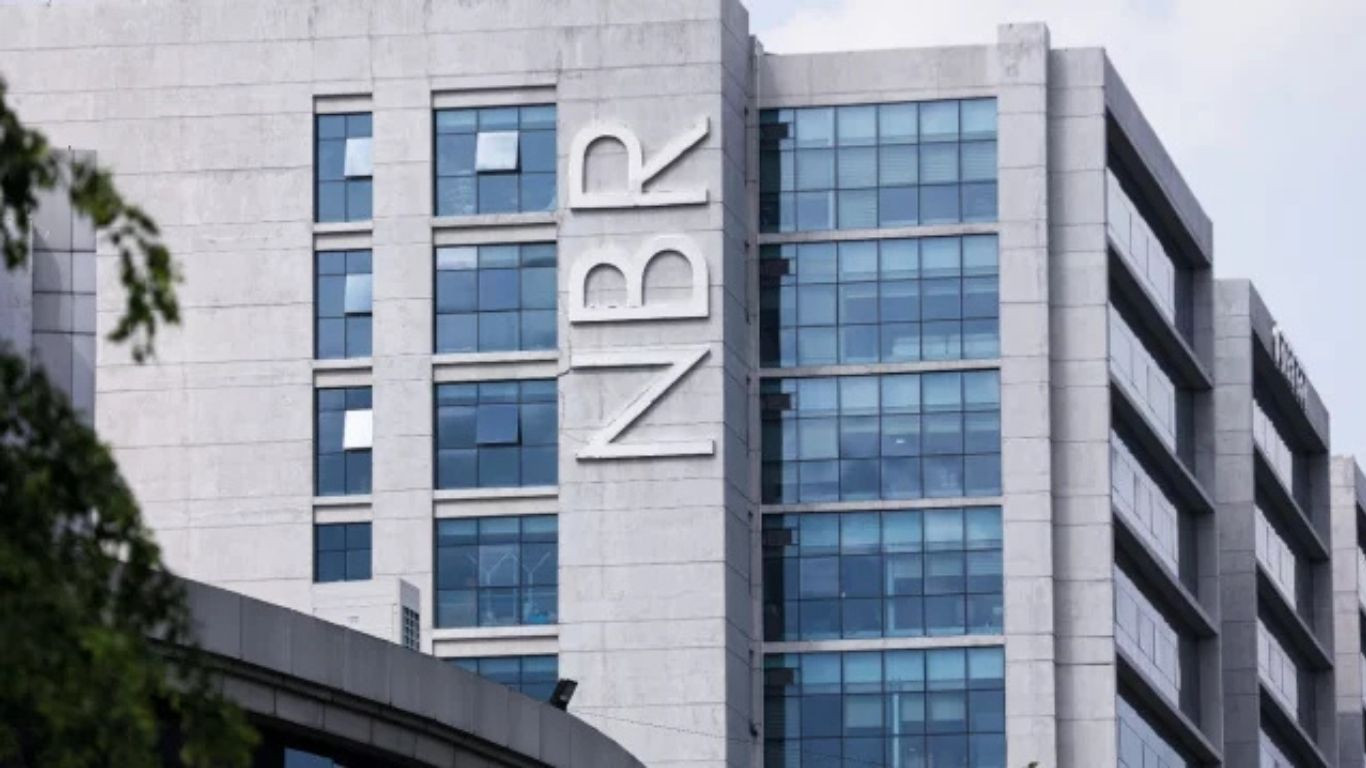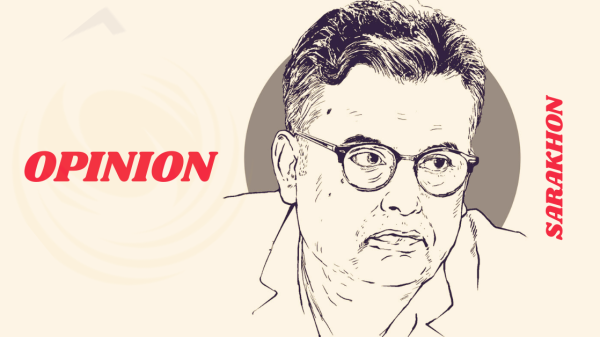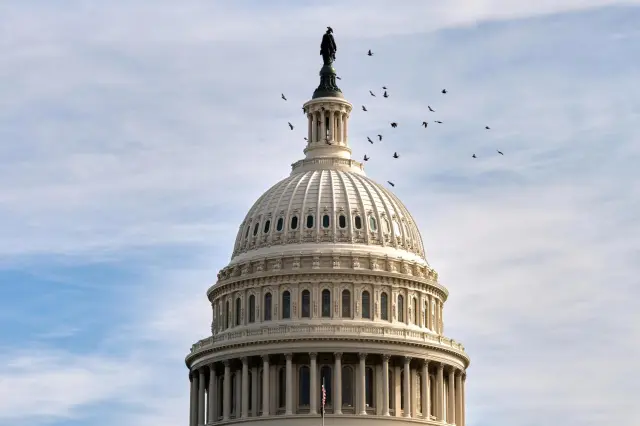Trump’s Ukraine Envoy Expected to Leave as Controversial Peace Plan Takes Shape

Kellogg exit adds uncertainty to Trump’s new Ukraine strategy
The Trump White House is preparing for the departure of Keith Kellogg, the retired Army lieutenant general serving as special envoy to Ukraine, as it works on a controversial new peace plan for the war with Russia. Kellogg has informed officials he intends to leave his post in January, according to senior administration sources who spoke on condition of anonymity. The timing comes as Washington mediators push a framework that would ask Kyiv to concede territory and curb certain weapons systems in exchange for a cease-fire. The plan is being driven largely by real-estate mogul–turned–envoy Steve Witkoff and Russian financier Kirill Dmitriev, a close adviser to President Vladimir Putin.
The prospective deal would mark a sharp break from the current Western consensus that any settlement must preserve Ukraine’s territorial integrity. Critics inside and outside government fear it could reward Moscow’s invasion and solidify Russian control over occupied regions. Kyiv has signaled deep reservations about any proposal that requires ceding land captured since 2014, while many European allies are wary of a rushed agreement that might collapse under battlefield pressure. Yet Trump advisers argue the war is grinding toward stalemate, and that public fatigue in the US and Europe is creating space for a bolder diplomatic gamble.

Kellogg’s expected exit underscores an internal power shift in Trump’s foreign-policy team, where Witkoff and Trump son-in-law Jared Kushner have become central figures in negotiations stretching from Ukraine to the Middle East. The envoy’s role had already diminished as the new channel with Dmitriev took prominence, sidelining traditional diplomats and national security staff. Former colleagues say Kellogg, a long-time Trump loyalist, often advocated for preserving US leverage through military aid and sanctions, even as the White House courted back-channel talks with Moscow. His departure may remove one of the remaining voices closely tied to America’s formal security bureaucracy.
Kellogg has been a recurring figure in Trump-era controversies, including the 2019 phone call in which Trump pressed Ukrainian President Volodymyr Zelenskyy to investigate Joe Biden, a conversation Kellogg listened to as a senior national security official. That call helped trigger Trump’s first impeachment, though Kellogg later told investigators he did not find the exchange alarming at the time. He also appeared in testimony about January 6, 2021, recalling Trump’s pressure on then–Vice President Mike Pence to block certification of Biden’s victory. The envoy’s history makes his departure symbolically important at a moment when Trump’s Ukraine policy is again under intense scrutiny.

Subheading 2 (future of the peace push and global reactions)
In Washington, the debate is shifting from whether to pursue a settlement to what kind of settlement the US is prepared to endorse. Hardliners in Congress warn they will oppose any plan that forces Ukraine to surrender territory or scale back support for NATO, while a smaller bloc argues that prioritizing an immediate cease-fire could save lives even at a painful cost. The White House is trying to keep details of the draft confidential while it gauges reactions from Kyiv, European allies and Moscow’s negotiators. Officials stress that Ukraine’s government will not be forced to accept terms it rejects, but critics doubt how much real choice Kyiv will have if Western weapons and funding slow.
The diplomatic choreography will accelerate in the coming months as Kellogg winds down his role and a new team consolidates control over Trump’s Russia–Ukraine portfolio. Observers expect further personnel moves as the administration tests informal ideas with partners and adversaries alike. For Ukraine, the looming question is whether its sacrifices on the battlefield will translate into a durable, just peace or a fragile pause that locks in territorial losses. For the broader international order, the outcome will signal whether large-scale invasions can still be reversed through sustained resistance—or quietly rewarded at the negotiating table.


